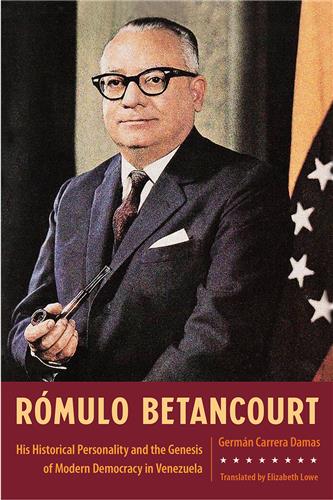Including the languages of Spanish, Portuguese, French, and their Creoles, and encompassing an interdisciplinary range of sources, this volume is a dictionary of 21,000 terms related to race, ethnicity, gender, and sexuality used in Latin America over the past five centuries.
University of Florida Press
Please note that while you may order forthcoming books at any time, they will not be available for shipment until shortly before publication date
Showcasing over 450 unpublished and lesser-known images, this first photographic history of the Space Shuttle program traces the growth of the program from 1965 to 1982, from initial concept through its first four space flights.
This richly illustrated volume highlights the history of Islamic cosmopolitanism as documented through works of art from the eighth century to the present, examining artistic exchange between Muslim and non-Muslim societies.
This volume provides guidance on teaching about Haiti’s history and culture from a multidisciplinary perspective, offering ways of reshaping old narratives through women’s and gender studies, poetry, theater, art, religion, language, politics, history, and popular culture.
In the first book to focus on the activism of Black women during Cuba’s prerevolutionary period, Takkara Brunson discusses how these women battled exclusion on multiple fronts but played an important role in forging a modern democracy.
Available here for the first time in English, this book is an extended essay on a transformational figure in Venezuelan history who overthrew the ruling military dictatorship in the 1940s and established a modern democratic regime.
This volume presents examples of how digital technologies are being used by people of African descent in South America and the Caribbean as a means to achieve social justice and to challenge racist images of Afro-descendant peoples.
This volume argues that recent technological developments are reconfiguring the cultural, economic, social, and political spheres of Cuba’s Revolutionary project in unprecedented ways.
Falls of the Ohio River presents current archaeological research on an important landscape feature of what is now Louisville, Kentucky, demonstrating how humans and the environment mutually affected each other in the area for the past 12,000 years.
Through a revolutionary ethnographic approach that foregrounds storytelling and performance, this book explores shared ritual traditions between the Anlo-Ewe people of West Africa and their descendants, the Arará of Cuba, who were brought to the island in the Atlantic slave trade.











